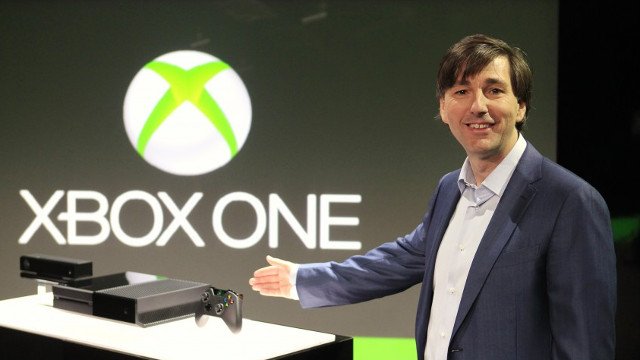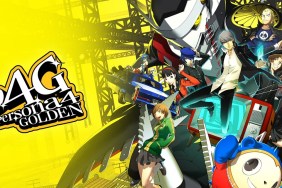The Xbox One was a ridiculous console at launch. Greeted with the kind of enthusiasm typically reserved for a new virus strain, Microsoft told us that we wanted a console that focused on allowing us to control our TV, to which everyone replied in unison: “No, actually, we don’t want that at all.”
The initial vision for the Xbox One was the product of…











